Understanding Infertility: Endometriosis and Fallopian Tube Problems

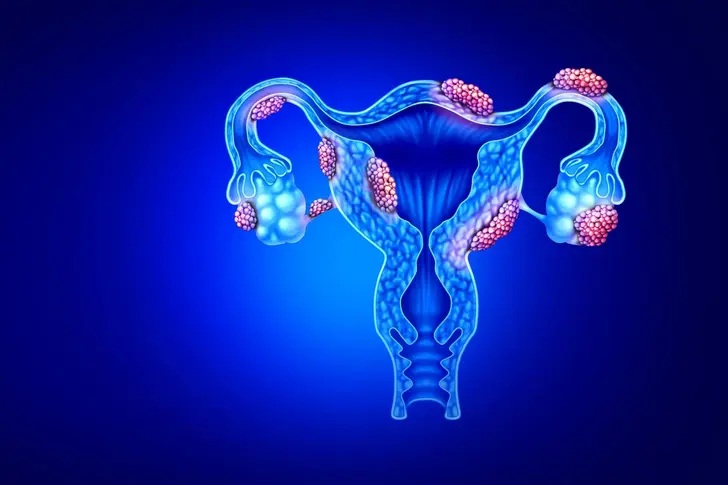
Endometriosis and Fallopian Tube Problems
Endometriosis and issues with the fallopian tubes are two common causes of infertility. These two conditions often go hand-in-hand, as endometriosis can damage the fallopian tubes.

What Is Endometriosis?
Endometriosis is a common and painful disease that affects millions of people in North America. It happens when tissue similar to the lining of the uterus grows outside of the uterus, causing irritation and inflammation. This can lead to fertility problems, as the tissue can prevent eggs from being released and can also scar and block the fallopian tubes.
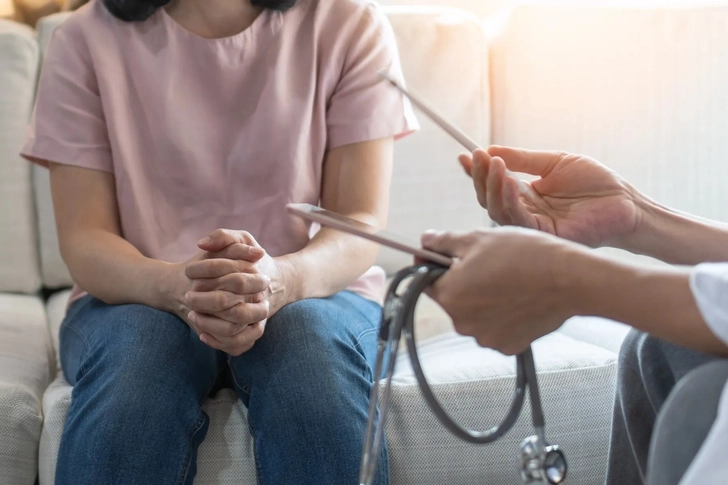
Signs and Symptoms of Endometriosis
Along with affecting fertility, endometriosis can cause many other symptoms, including pelvic pain, painful intercourse, and heavy periods. Endometriosis may cause no symptoms at all, or it can make it impossible to live a normal life. Pay attention to your body and seek medical advice if you think you may have endometriosis.
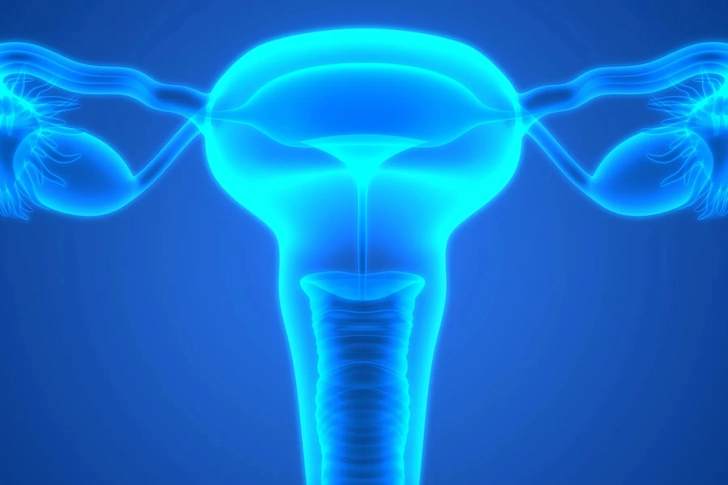
Endometriosis Treatment Options
There's no cure for endometriosis, but there are treatments that can help relieve your symptoms. Some may help improve fertility, but others can cause defects or prevent pregnancy entirely. Be sure to discuss all your options with your doctor, and let them know if you're trying to get pregnant.
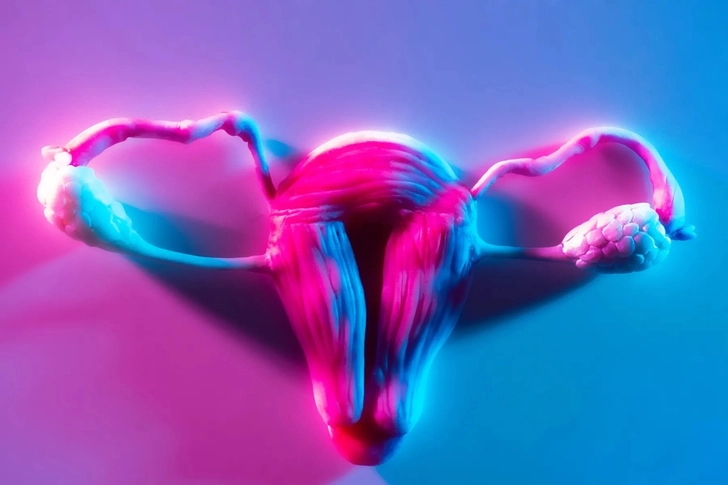
What Are Fallopian Tube Problems?
Your fallopian tubes play a crucial role in conception. They're responsible for transporting the egg from the ovaries to the uterus. Problems with the tubes, such as blockages or scarring, can prevent this from happening, leading to infertility.
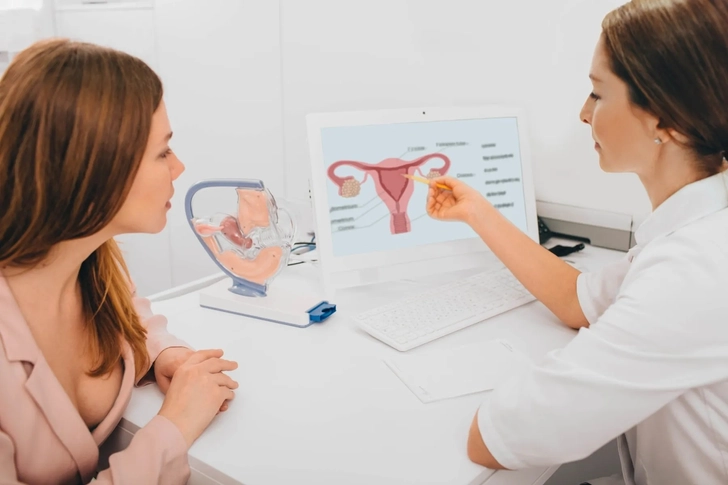
Causes of Fallopian Tube Problems
Issues with the fallopian tubes can have numerous causes, including diseases like endometriosis, pelvic inflammatory disease, and sexually transmitted infections.
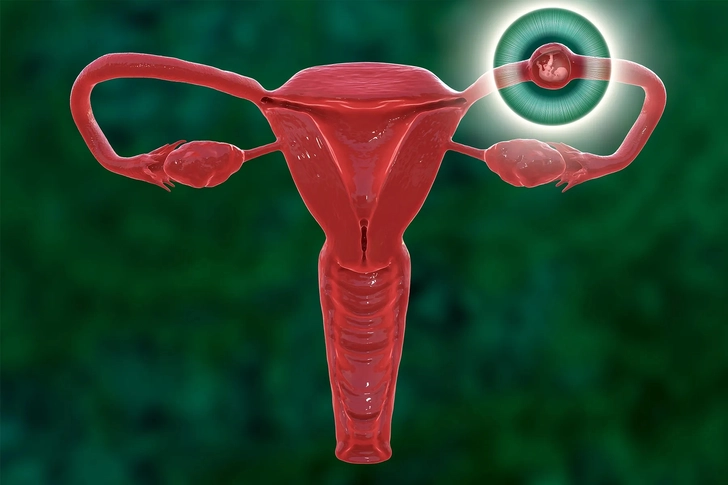
Diagnosis and Treatment of Fallopian Tube Problems
If your doctor suspects there’s something wrong with your fallopian tubes, they may recommend a laparoscopy (surgery that uses a tiny video camera on a flexible tube to let doctors see inside you) or a type of X-ray test called a hysterosalpingogram (HSG) to examine them. If they find a problem, the doctor may recommend fertility treatments such as in-vitro fertilization (IVF).
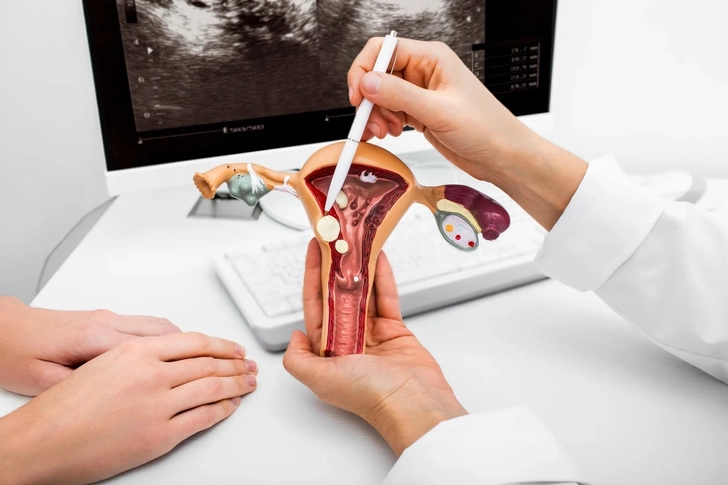
Seeking Help and Support
Dealing with infertility can be emotionally and mentally challenging. Seek support from your loved ones, mental health professionals, support groups, and other resources to maintain your mental health and overall well-being. Endometriosis and fallopian tube problems can greatly impact your ability to conceive. If you suspect you have either of these conditions, reach out to your medical team to discuss your treatment options. With the right treatment and support, it may still be possible to have a successful pregnancy.
IMAGES PROVIDED BY:
Shutterstock
SOURCES:
News release, Norgenix Pharmaceuticals LLC.
American Society for Reproductive Medicine.
American College of Obstetricians and Gynecologists.
Human Reproduction Update, July-August 2002.
The Infertility Workup and Understanding Treatment Options, RESOLVE online.
The Merck Manual, Seventeenth Edition, 2000.
The Fertility Handbook: A Guide to Getting Pregnant, Addicus Books, 2002.
U.S. Department of Health and Human Services, Endometriosis, September 2002.